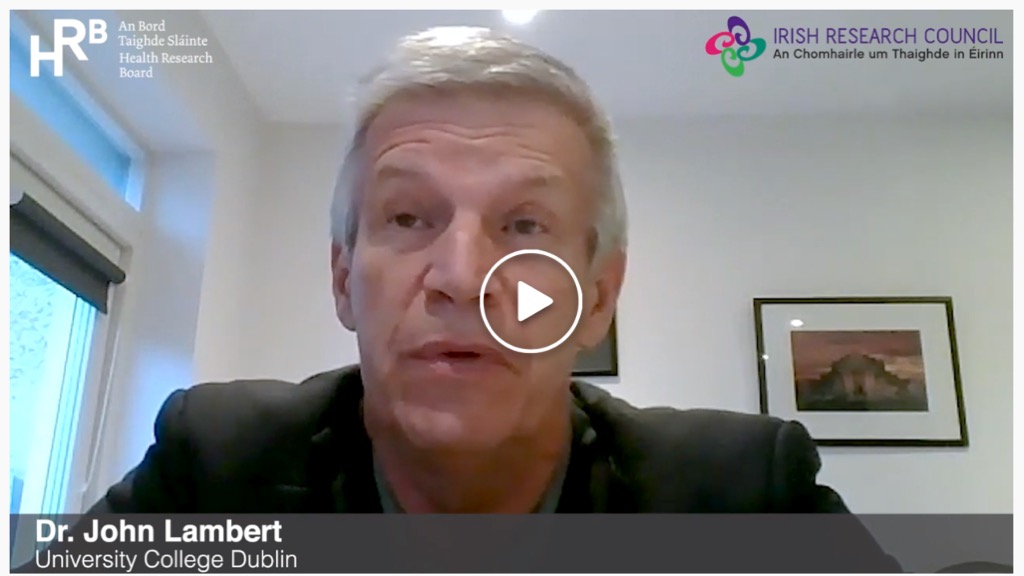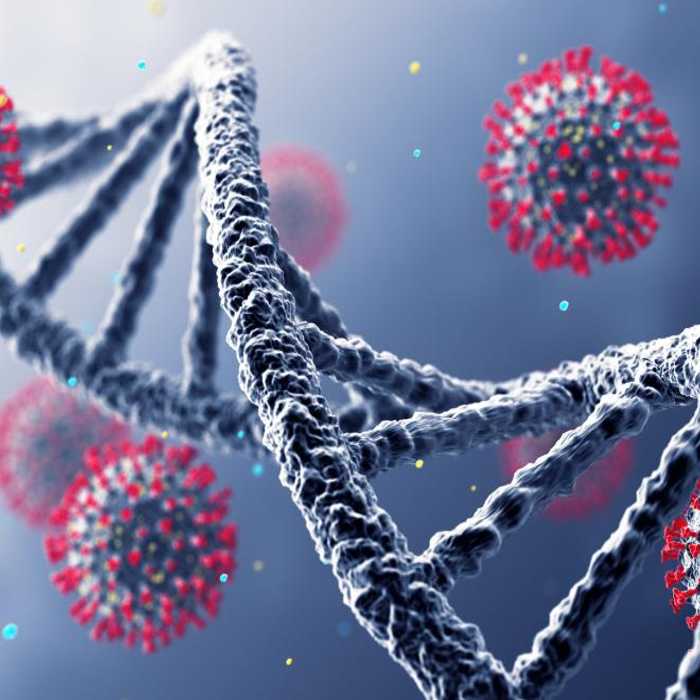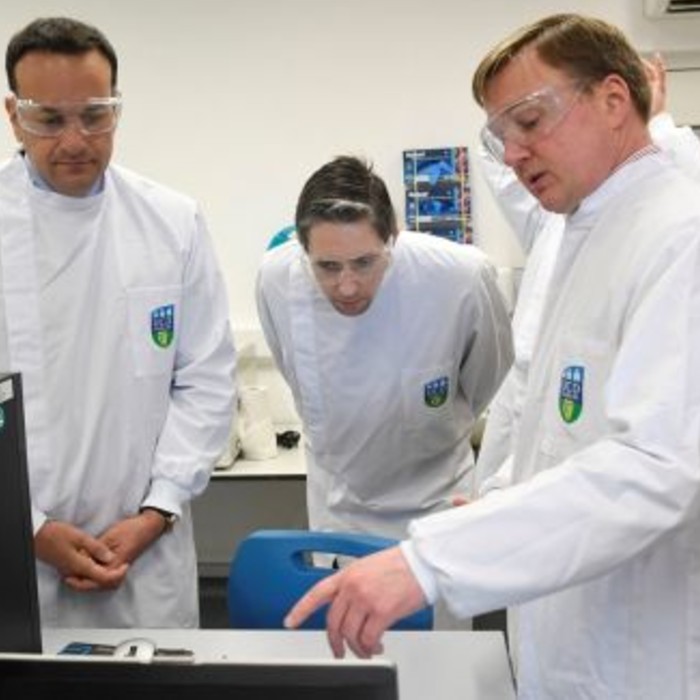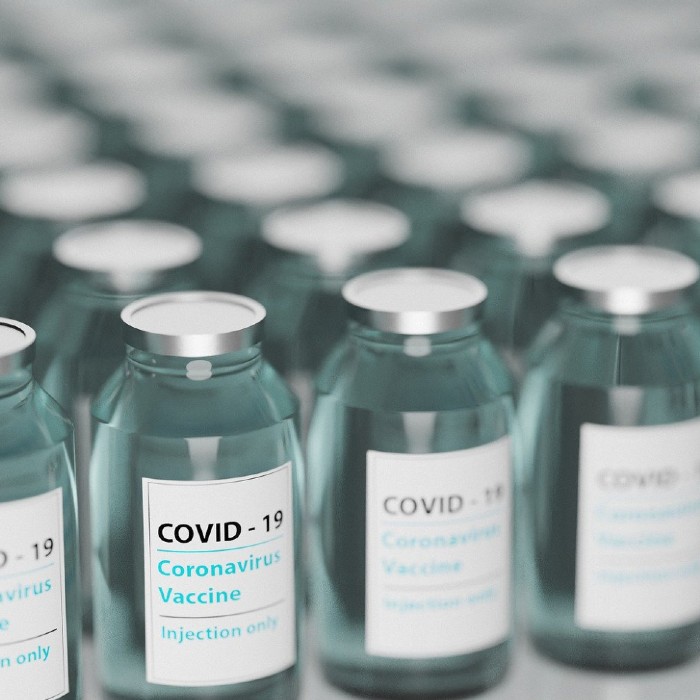Covid-19: The North Dublin Cohort Study
Lead Researcher: Full Clinical Professor John Lambert, UCD School of Medicine, Consultant in Infectious Diseases and Genitourinary Medicine, Mater Misericordiae University Hospital.
In collaboration with Professor Peter J Kelly, Professor Sean Gaine, Professor Peter Doran, Professor Walter Cullen, and Dr Emer Joyce.
The Covid-19 pandemic has impacted health and social care in Ireland especially in inner city Dublin. Little is known about the factors that determine successful outcomes. The project will examine the characteristics of Covid infected patients attending a large teaching hospital in Dublin’s inner city: conducting outpatient follow-up and examining factors associated with improved outcomes; and measuring longer term complications, neurological, cardiac and respiratory, as well as general quality of life.
This research, which is funded by the Health Research Board under the Covid-19 Rapid Response call, aims to determine baseline characteristics and outcomes of patients with Covid-19 under the care of the Infectious Diseases Department at the Mater Misericordiae University Hospital.
The study will take place in Dublin’s North Inner City, an area of social-economic disadvantage with a high incidence of Covid-19 infection. It is recognised that local communities are at high risk of infection and therefore of experiencing adverse outcomes.
By end of April 2020, it is estimated that at least 500 patients will have been cared for by the Infectious Diseases Department at the hospital. Currently, when patients are referred for assessment by the team, they are
either admitted to hospital or enrolled on the hospital’s ambulatory home monitoring programme.
The research team will (a) retrospectively examine clinical records and extract anonymised data on patient demographics, baseline morbidity and initial outcomes, and (b) prospectively examine healthcare outcomes among those patients who consent to follow up at three points in time - one to three, six and 12 months post discharge.
On conclusion, the research will inform health service policies that will attenuate the adverse impacts of the Covid-19 pandemic on population health. It will involve a collaboration with Ireland’s HSE Clinical Programmes, Health Protection Surveillance Centre, and the European Union’s CHAFEA and ECDC, generating key outputs such as technical reports for these stakeholders.
Professor Lambert said: "We don't know if survivors of Covid-19 will have long-term complications in terms of quality of life or possible long-standing damage to the heart, lungs, and brain, which are targeted by this virus. Our follow up study with these patients will ensure they are carefully monitored and provided with appropriate treatment if necessary."



